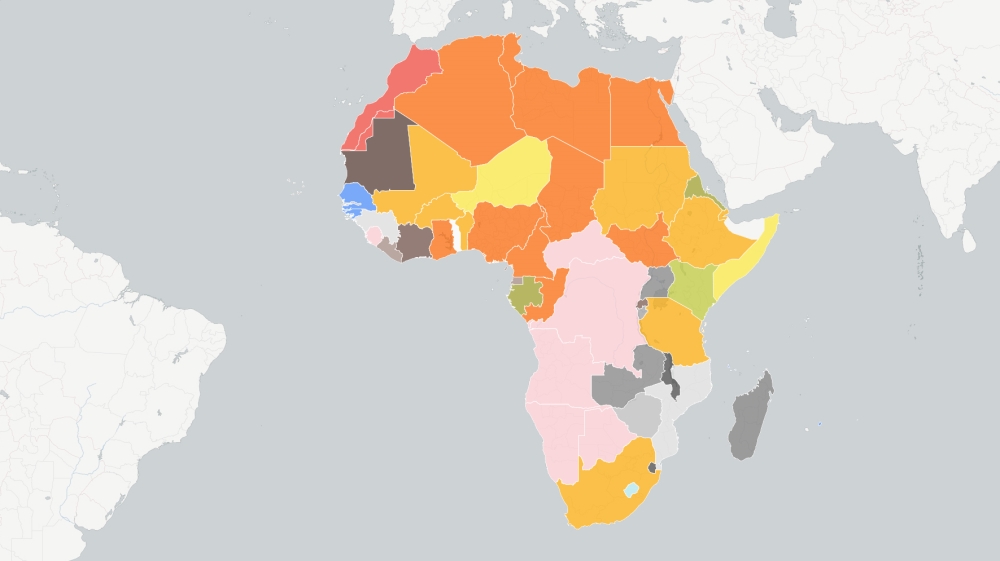The UN Economic Commission for Africa (ECA) on Tuesday urged African countries to exert concerted efforts to embrace advancements in the geospatial technologies sector so as to realize Africa’s development agenda.
The urgent call was made by Oliver Chinganya, Director of the African Centre for Statistics (ACS) at the ECA, who stressed the ECA’s special emphasis to developments in the geospatial technologies sector as a major driving force to Africa’s development aspirations.
“The ECA views geospatial technology as a significant component that will help push Africa’s transformative development agenda even further,” an ECA statement quoted Chinganya as saying on Tuesday.
According to the ECA, even though Africa’s current demographic trends, including rapid urbanization, represent major economic opportunities, such demographic trends also “represent real challenges with regard to human welfare and infrastructure needs.”
“These issues affect citizens, businesses and the community at large,” Chinganya said, adding “efforts are being made by the ECA to support African countries to work out strategies and policies to tackle the challenges in the various sectors of development.”
The ECA also stressed that investments in geospatial technologies are crucial as the continent encounters major challenges, including climate change, disaster risk, food security, water scarcity, energy shortage, health related problems, environmental stresses and food crisis.
Chinganya, who is also the Head of Technology, Climate Change and Natural Resources Management Division at the ECA, further stressed that the ECA “understands that it is imperative for every African country to deliver relevant information that can promote and sustain economic growth.”
“It is therefore of greater importance to have access to real time and precise spatial information, given Africa’s size and complex biophysical environment, to support effective decision-making,” Chinganya added.
The ECA also urged African countries and pan African institutions to embrace geospatial technologies as key development indicators are at risk of quickly becoming out-dated and of limited value to understanding the scale, speed and locations of newly developing urban areas and informal settlements.
“It is therefore imperative for information with a geospatial component to inform the continents sustainable planning and development,” the ECA affirmed.
The ECA, however, commended improving trends in Africa as African governments and other sectors of society “have become increasingly aware of the importance of geospatial science and technology as a tool to facilitate spatial data collection, access and use in the decision-making processes, both nationally and regionally.”
According to the ECA’s specialized agency on statistics, African Centre for Statistics (ACS), geospatial technologies are “gradually becoming the driving force of many applications and services from land administration to natural resource management to agriculture across countries.”
Figures from ACS also revealed that African countries such as Kenya, South Africa, Ghana, as well as Rwanda are among the list of major African countries that have witnessed the benefits of geospatial technologies and applications.
The ECA also called for “geospatial data revolution” in Africa, which he said would require wider and easier access to geospatial data, as well as accuracy and consistency of geospatial data over its entire life cycle.
The ECA’s call towards the development of geospatial technologies in Africa is also included in the global agenda for Sustainable Development Goals (SDGs), which was adopted by the UN General Assembly in September 2015, as well as Africa’s 50-year development Agenda 2063, which was approved by the African Union (AU) in January 2015.
Both the SDGs and the Agenda 2063 emphasize the need for a global and continental coordination mechanism for geospatial information management respectively.
The UN, which previously disclosed the Geospatial Information for Sustainable Development in Africa initiative, had also disclosed that the UN’s African action plan on geospatial information, covering the period from 2016 to 2030, requires a total provisional budget of 154 million U.S. dollars. Enditem.







